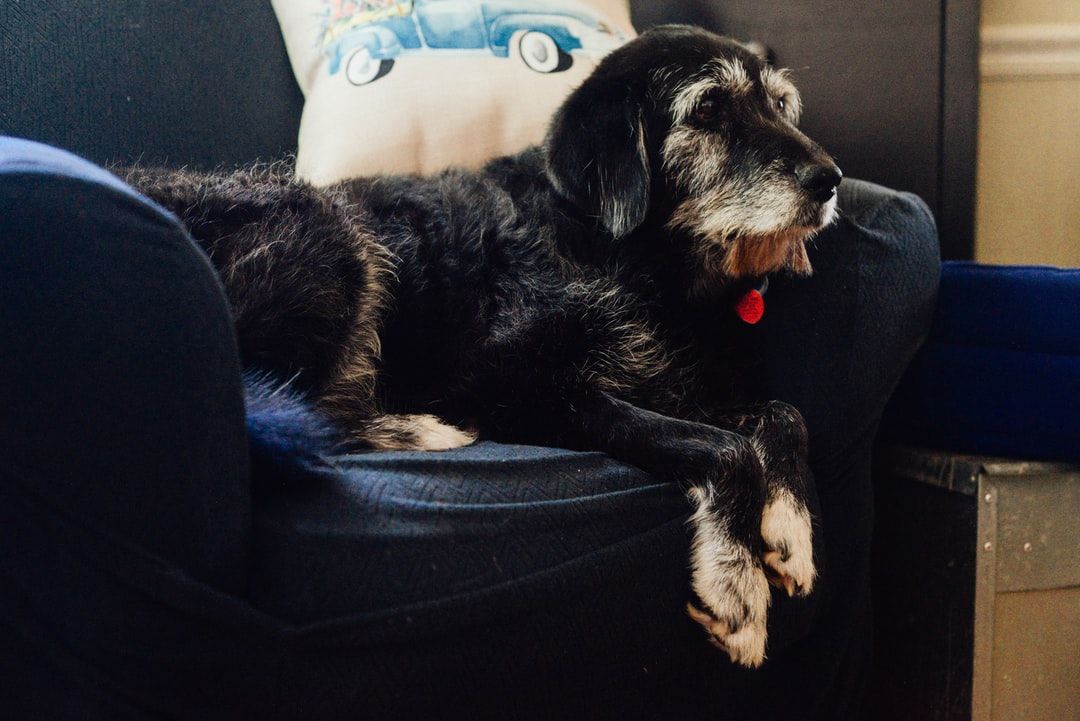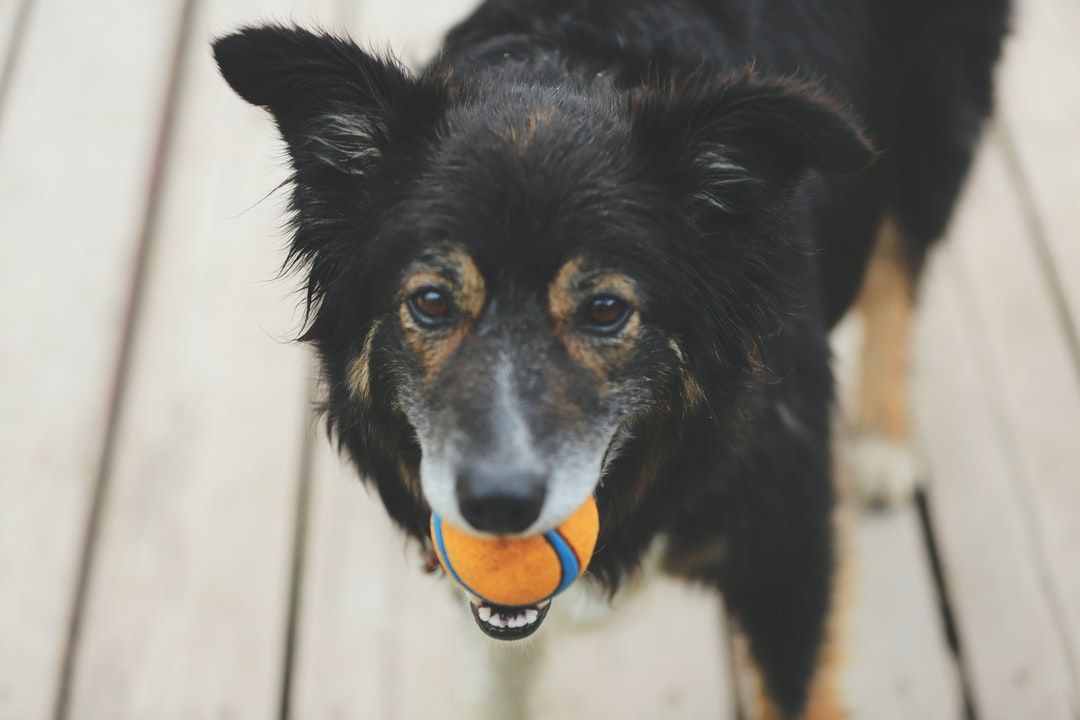They may be growing at you or may seem like they are lost. These are all common signs associated with canine cognitive dysfunction. If you notice that your dog is starting to develop signs of canine cognitive dysfunction, it would be best for your dog to see your vet, as there are things that can be done to slow the progression of this disease if started early.
What is Canine Cognitive Dysfunction?
Canine Cognitive Dysfunction is also known as dog dementia. This is when your dog does not recognise their owners and may seem lost or confused at home. This is very similar to Alzheimer’s or dementia in people.

What are the Signs of Cognitive Dysfunction in Dogs?
There are many signs that can be associate with cognitive dysfunction in dogs. Some of these signs are very subtle, while others are obvious. These are some of the common signs seen with a dog with cognitive dysfunction.
- Disorientation
- Abnormal interactions with other people or pets
- Urinating or pooping in the house
- Change in sleep pattern
- Loss of energy
- Barking at normal things
- Becoming Aggressive
- Going to the wrong side of the door
- Pacing
If you notice any of these signs in your dog, it would be best for your dog to see your vet right away. These can be signs of cognitive dysfunction but could be something more serious. Most neurological diseases are better to diagnose and treat in the earlier stages of the disease rather than wait until it is they become very serious.
How is Canine Cognitive Dysfunction Diagnosed?
While there is not a specific test to diagnose this disease in dogs, it is often a diagnosis of ruling out other causes. Your vet may recommend blood-work, radiographs, or CT scan to rule out many of the other causes of this disease. Your vet may even give a suspect diagnosis of canine cognitive dysfunction based on history and exam.
How is Canine Cognitive Dysfunction Treated?
There is no definite treatment for this disease, but there are many things that you can do to help manage a dog with canine cognitive dysfunction. These are some medications and supplements that you give to your dog to help

Medication and Supplements
- Selegiline: This is a medication that your vet may prescribe for your dog with canine cognitive dysfunction.
- S-Adenosyl-l-methionine (SAMe): This molecule is produced by your dog’s liver and other cells in their body. This is needed in many of the major biochemical pathways needs for proper brain function. Studies have shown that dogs who take this supplement have an increase in awareness after 1 to 2 months.
- CBD: Cannabidiol has recently been studied in veterinary medicine. CBD is a common supplement that is given to a dog with neurological issues. This medication helps the endocannabinoid system found in your dog’s body function properly and increase your dog’s overall wellbeing.
- Senilife: This is a supplement that has been shown in recent studies to greatly help dogs who suffer from canine cognitive dysfunction.
Diet
The food that you feed your dog can also help their brain function. There are some very popular ingredients that you can feed your dog with canine cognitive dysfunction. Ideally your dog's food will contain antioxidants, Medium-chain Triglycerides (MCT), and Omega fatty acids, which have been shown to help with brain function

Enrichment
There are many great medications, supplements, and diets that you can give to your dog. You can also do a few different activities to help your dog keep their brain sharp.
- Vary Your Walks: When going for a walk, make sure to change the route to help keep them from getting bored.
- Dog Puzzles: You can give your dog a puzzle maze to help keep their mind active. These puzzles usually have a treat reward at the end to help entice your dog to want to play with them.
- Scentwork: The dog's nose is strong right into old age, scentwork games will keep them interested and happy.

Can Canine Cognitive Dysfunction Be Prevented?
This disease is very hard to prevent; however, there are some things that you can do to help make sure that your dog is healthy and happy.
- Feeding a senior diet: This diet has the added supplements that an older dog would need to stay healthy.
- Giving supplements that support brain health: Many supplements needs for brain health also have great effects on your dog’s joints and heart. These are great supplements to start as your dog starts to reach their senior years.
- Schedule regular visits with your vet: Scheduling regular visits with your vet will help you find any health issues in your dog before the disease progresses. The early you start to treat any health issue, the better the outcome for your dog.
Starting these preventions once your dog becomes a senior dog can help prolong the onset of any cognitive dysfunction.
Final Thoughts
As your dog gets older, they may start to forget where they are or what they are doing. While this may be due to an underlying disease, this may also be due to canine cognitive dysfunction, to be sure which it is - it's worth visiting the vet with your dog.
Start Your FREE Skill-Hub Trial Today
Commitment Free 3 Day Access
Canine Principles' Skill-Hub allows unlimited* access to ALL self-study courses, workshops & webinars.
*Requires Monthly Subscription. See Skill-Hub Subscription Page For Details.

